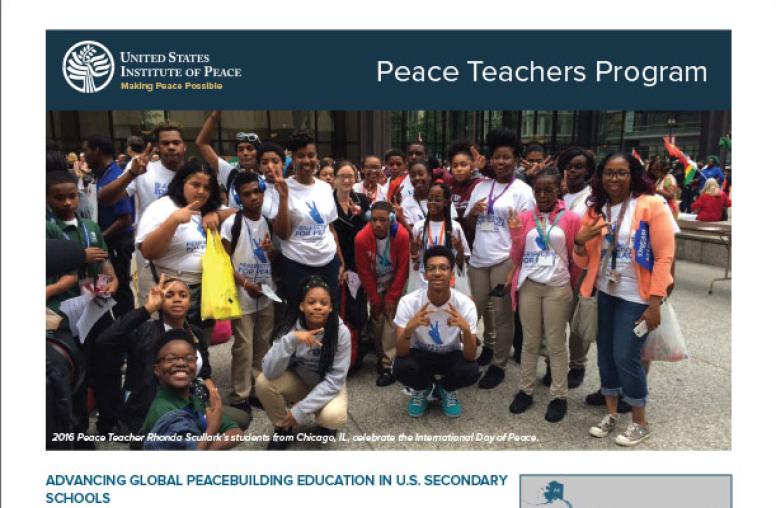Countering Radicalization in America
In response to the recent surge in the number of American Muslims involved in terrorist activities, several agencies in the U.S. government have begun devising a comprehensive counterradicalization strategy. In doing so, they are following the lead of certain European countries that have invested significant human, financial, and political capital in counterradicalization programs.

Summary
- The recent surge in the number of American Muslims involved in terrorism has led U.S. authorities to question the long-held assumption that American Muslims are immune to radicalization, and to follow the example of other Western democracies in devising a comprehensive counterradicalization strategy.
- Radicalization is a highly individualized process determined by the complex interaction of various personal and structural factors. Because no one theory can exhaustively explain it, policymakers must understand the many paths to radicalization and adopt flexible approaches when trying to combat it.
- The role of religion in the radicalization process is debated, but theories that set aside ideology and religion as factors in the radicalization of Western jihadists are not convincing. Policymakers who choose to tackle religious aspects should do so cautiously, however, cognizant of the many implications of dealing with such a sensitive issue.
- Policymakers need to determine whether a counterradicalization strategy aims to tackle violent radicalism alone or, more ambitiously, cognitive radicalism. The relation between the two forms is contested. Challenging cognitive radicalism, though possibly useful for both security and social cohesion purposes, is extremely difficult for any Western democracy.
- Finding partners in the Muslim community is vital to any counterradicalization program. In light of the fragmentation of that community, a diverse array of partners appears to be the best solution. There is the risk, however, that counterradicalization efforts could be perceived by Muslims as unfairly targeting them.
- Partnerships with nonviolent Islamists could provide results in the short term, but there are doubts as to their long-term implications. All aspects of a partnership with such groups should be carefully examined before any decision is made.
- Policymakers need to find ways to empirically measure their programs’ effectiveness.
About the Report
In response to the recent surge in the number of American Muslims involved in terrorist activities, several agencies in the U.S. government have begun devising a comprehensive counterradicalization strategy. In doing so, they are following the lead of certain European countries that have invested significant human, financial, and political capital in counterradicalization programs. The challenges European authorities have had to face are similar to those their U.S. counterparts are expected to confront, and several lessons are at hand from the European experience.
Lorenzo Vidino, a 2009–10 Peace Scholar with the United States Institute of Peace, is currently a TAPIR fellow at the RAND Corporation in Washington, D.C. He previously held fellowships at the Belfer Center for Science and International Affairs, the Kennedy School of Government, Harvard University, and the Fletcher School of Law and Diplomacy, Tufts University.
His latest book, "The New Muslim Brotherhood in the West," was published by Columbia University Press in September 2010.



